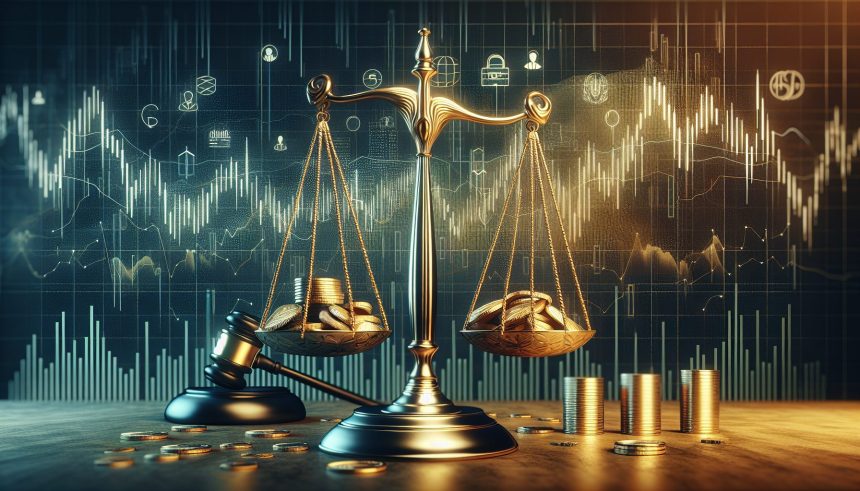President Trump’s social media posts encouraging stock purchases shortly before announcing a tariff pause have drawn scrutiny from Democrats and ethics experts. They are questioning whether the President’s actions amounted to market manipulation or insider trading. Representative Mike Levin, a California Democrat, expressed concerns that Trump supporters who followed the President’s advice to buy stocks benefited, while those who recently sold due to market volatility lost out.
“If you’re a Trump supporter and you did what he said and you bought, then you did great. On the other hand, if you’re a retiree or a senior or somebody in the middle class over the last few days that didn’t have the tolerance for risk and you decided to sell, you got screwed,” Levin stated. During a congressional hearing, Representative Steven Horsford, a Nevada Democrat, pressed U.S. Trade Representative Jamieson Greer on the administration’s intentions.
Greer asserted, “It’s not market manipulation. We’re trying to reset the global trading system.” Horsford challenged this, asking, “So if it’s not market manipulation, what is it? Who’s benefiting?
Ethics of Trump’s stock post
What billionaire just got richer?”
Senator Adam Schiff, a prominent Trump critic, has called for a congressional investigation into potential insider trading by the President. “Family meme coins and all the rest of it are not beyond insider trading or enriching themselves.
I hope to find out soon,” Schiff said. The White House has not directly addressed the allegations. Treasury Secretary Scott Bessent noted the tariff pause was intended to allow for negotiations with allies, while acknowledging he and the President had strategized to pressure China.
Trump’s social media post ended with his initials “DJT,” which also serve as the stock ticker for his media company, adding further intrigue. A White House spokesperson defended Trump’s post as part of his presidential duties to reassure markets and Americans. As the debate intensifies, the ethical implications of the President’s influence on the stock market through his statements and policy decisions remain under scrutiny.
Critics argue such actions raise concerns about fairness and potential market manipulation, while the administration maintains it is acting in the nation’s economic interests.







